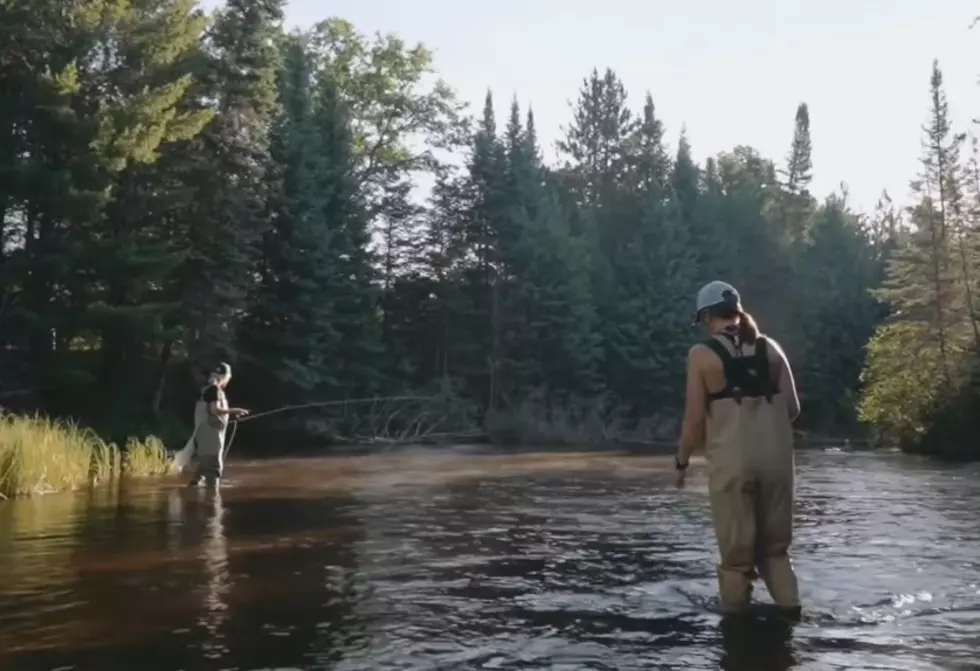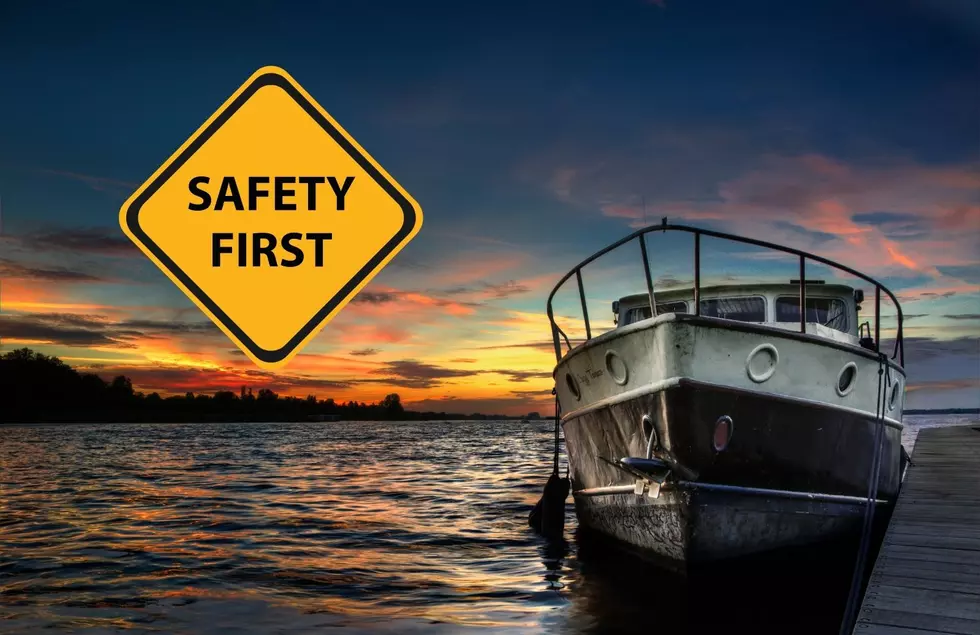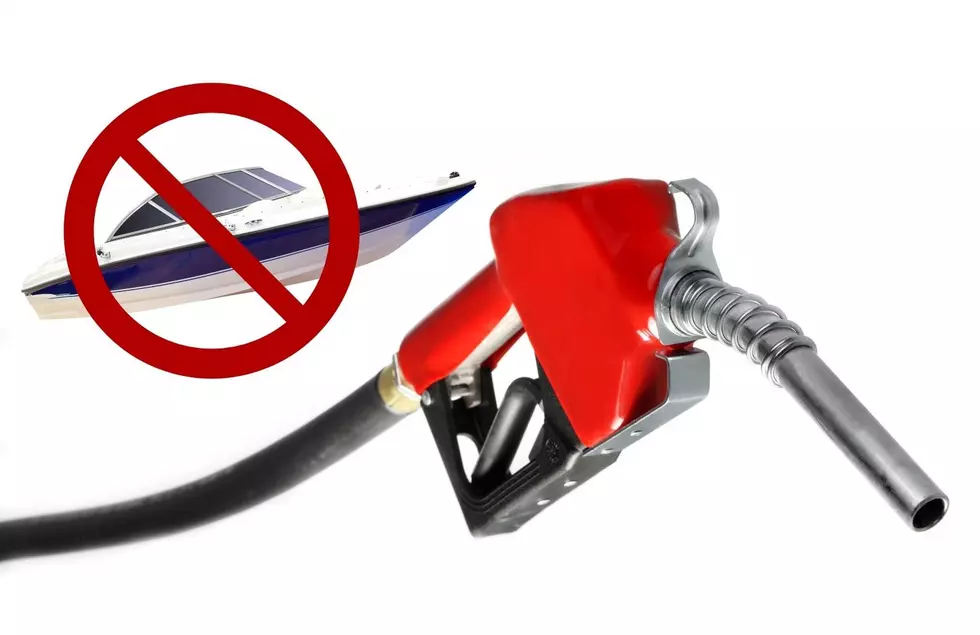
New Michigan Fishing And Boating Laws Going Into Effect
On Thursday, March 21st, a new set of laws will go into effect related to boating and fishing. Recent changes in Michigan’s Natural Resources and Environmental Protection Act (NREPA) could affect you as you start thinking about certain spring and summer activities.
Watercraft users in the state are required to take steps to prevent the spread of aquatic invasive species. Also, anyone fishing with live or cut bait or practicing catch-and-release fishing will need to take precautions to limit the movement of invasive species and fish diseases.
What Boaters Need To Know:
Amendments to laws already in existence affect both motorized and non-motorized watercraft, trailers and other conveyances used to move watercraft. In addition to the existing law requiring all aquatic plants be removed from boats and trailers before launching, the changes require the following, prior to transporting any watercraft over land:
- Remove all drain plugs from bilges, ballast tanks, and live wells.
- Drain all water from any live wells and bilges.
- Ensure the watercraft, trailer, and any conveyance used to transport the watercraft or trailer are free of aquatic organisms, including plants.
This means after trailering boats, and before getting on the road, boaters must pull plugs, drain water and remove plants and debris from all watercraft, trailers and other conveyances.
What Anglers Need To Know:
NREPA amendments codify the Michigan DNR’s Fisheries Order 245 regarding the release of baitfish, collection and use of baitfish and cut bait, and release of captured fish, specifically:
- A person shall not release baitfish in any waters of this state. A person who collects fish shall not use the fish as bait or cut bait except in the inland lake, stream, or Great Lake where the fish was caught, or in a connecting waterway of the inland lake, stream, or Great Lake where the fish was caught if the fish could freely move between the original location of capture and the location of release.
- A person, who catches fish other than baitfish in a lake, stream, Great Lake, or connecting waterway shall only release the fish in the lake, stream, or Great Lake where the fish was caught, or in a connecting waterway of the lake, stream, or Great Lake where the fish was caught if the fish could freely move between the original location of capture and the location of release.
Whether purchased or collected, unused baitfish should be disposed of on land or in the trash – never in the water. Any baitfish an angler collects may be used only in the waters where it was originally collected.
It is important to clarify that anglers are allowed to catch and release fish. Anglers who are catching and releasing fish should only release the fish back into the same water or in a connecting body of water the fish could have reached on its own. - Seth Herbst, DNR Aquatic Species and Regulatory Affairs Manager
Draining boats and cleaning trailers can limit the spread of zebra and quagga mussels, which are common in some inland lakes. A more recent invader, the tiny New Zealand mudsnail, can hitchhike from river to river when mud or debris is left on kayaks, canoes and gear.
Moving fish from one body of water to another can spread fish diseases, like heterosporis (a parasite of yellow perch) and viral hemorrhagic septicemia virus (VHSv), a serious disease that can affect many fish species. Fish diseases also can be spread to new locations when water carrying parasites or infection is transferred via bilges, live wells or ballast tanks.
For more information about these new laws CLICK HERE
More From 1240 WJIM AM









